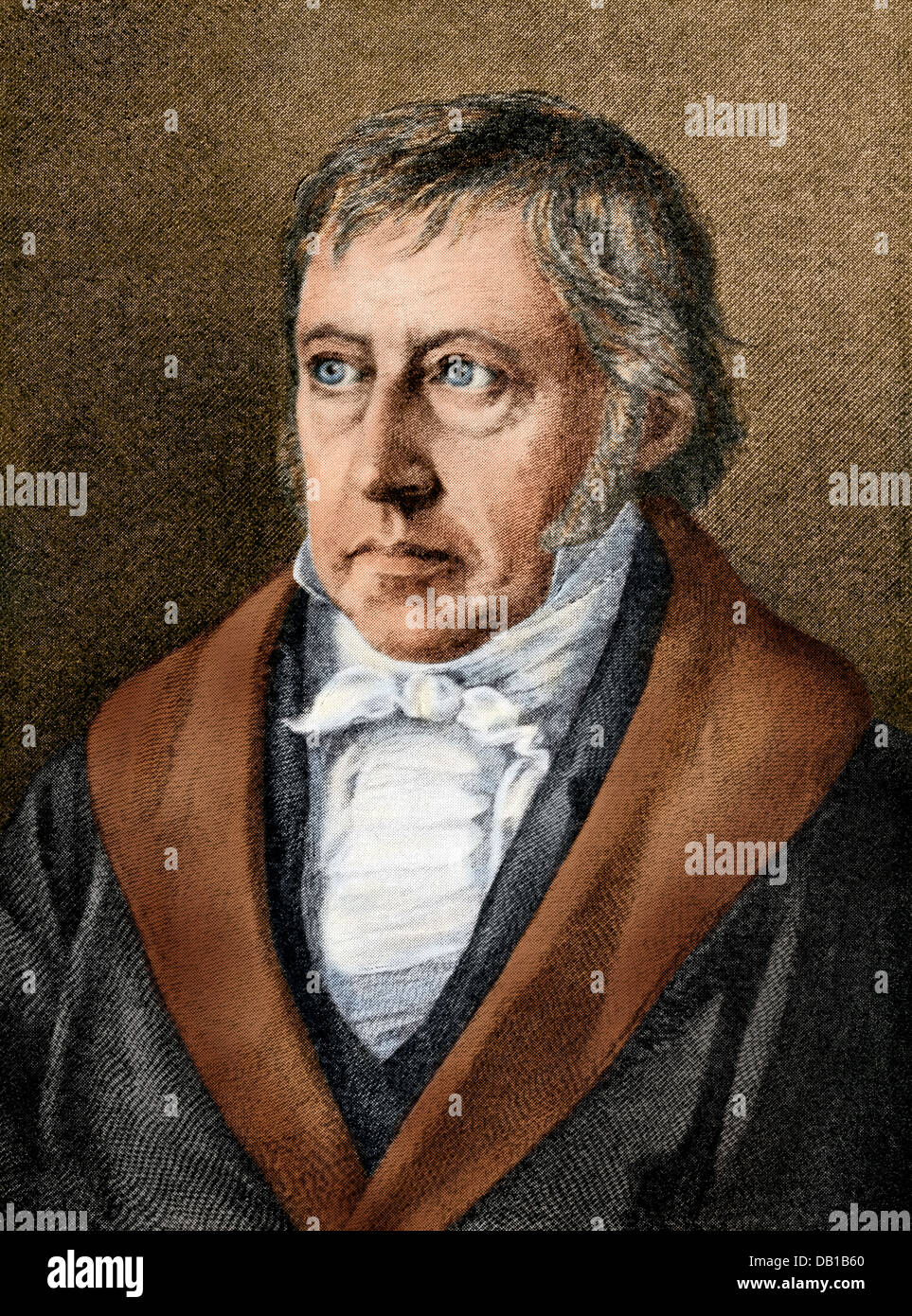[Revised entry by Paul Redding on May 31, 2025.
Changes to: Main text, Bibliography]
Along with J.G. Fichte and, at least in his early work, F.W.J. von Schelling, Georg Wilhelm Friedrich Hegel (1770 – 1831) belongs to the period of German idealism in the decades following Kant. The most systematic of the idealists, Hegel attempted, throughout his published writings as well as in his lectures, to elaborate a comprehensive and systematic philosophy from a purportedly logical starting point. He is perhaps most well-known for his teleological account of history, an account that was later taken over by Karl Marx and…
Post Views: 3
Read the full article which is published on Stanford Encyclopedia of Philosophy (external link)





